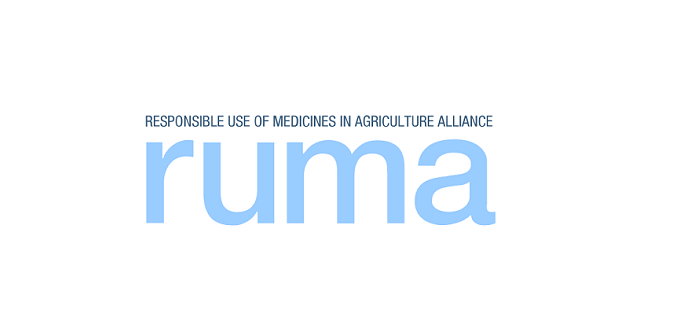It is important that issues surrounding the use of antibiotics in farming don’t end up being “exploited as a marketing tool” says the Responsible Use of Medicines in Agriculture Alliance (RUMA), in a prompt response to a new food sector “campaign” headed by a group of institutional investors.
“We recognise concerns about growing resistance to antibiotics, but in humans, resistance is largely attributed to human medical use, with a recent study confirming farm animal use could be responsible for as few as one in every 370 clinical cases,” said RUMA, in response to the investors’ group approach to 10 major food companies, asking them to “stop their meat and poultry suppliers using antibiotics vital for human health”.
“The concept that food companies work sustainably with their supply chains to reduce the need for antibiotic use in farm animals is welcomed by RUMA,” said the alliance, adding pointedly that this is “already happening”.
“However, it’s critical that potential impacts on welfare, food safety, product quality and investment are fully understood by the businesses involved so that farmers have the confidence, means and support to make any necessary changes.
“It is equally important this issue does not end up being exploited as a marketing tool. There is a risk that misrepresentation of facts and a failure to appreciate the situation in different countries could end up harming welfare, cause unnecessary suffering and lead to significant losses in our farm livestock sector.
“While a reported 70% of antibiotics in the US might be used to tackle disease challenges in farm animals, it’s only 40% in the UK, with Public Health England figures showing medical use of antibiotics is actually 2.4 times that of veterinary.
“Furthermore, use of antibiotics as growth promoters has been banned in the EU since 2006; antibiotics are only available in the UK on prescription from vets; and the industry has already opted for restrictions to use a number of antibiotics classed as critically important for human health, such as 3rd and 4th generation cephalosporins, fluoroquinolones and colistin, only when truly necessary.”


